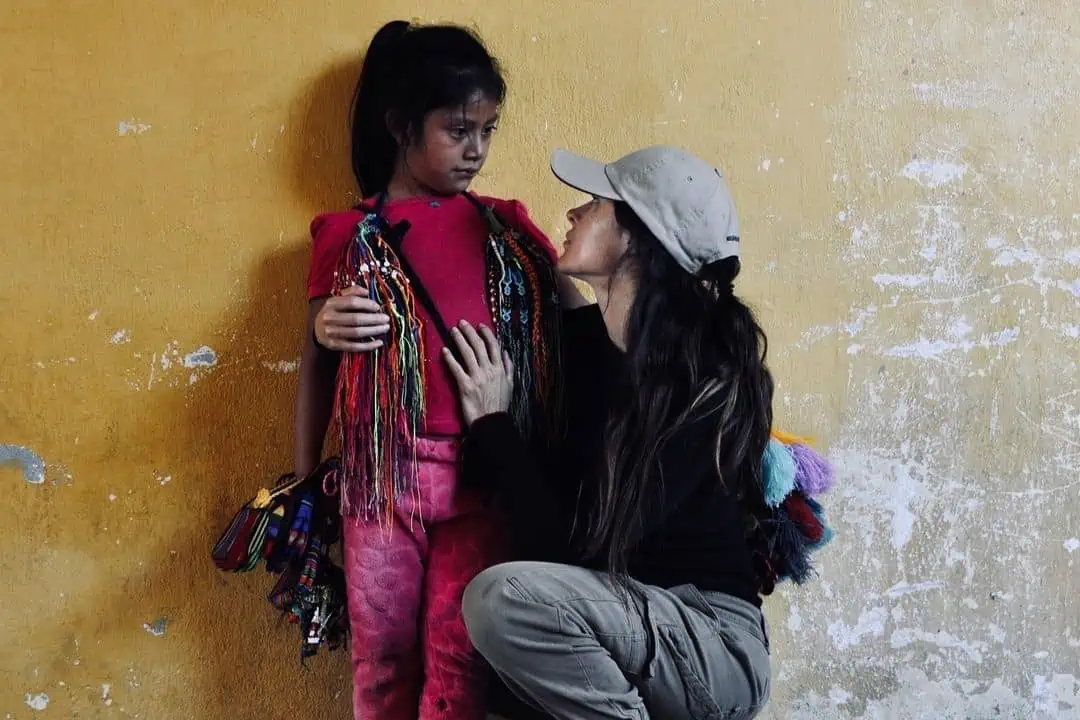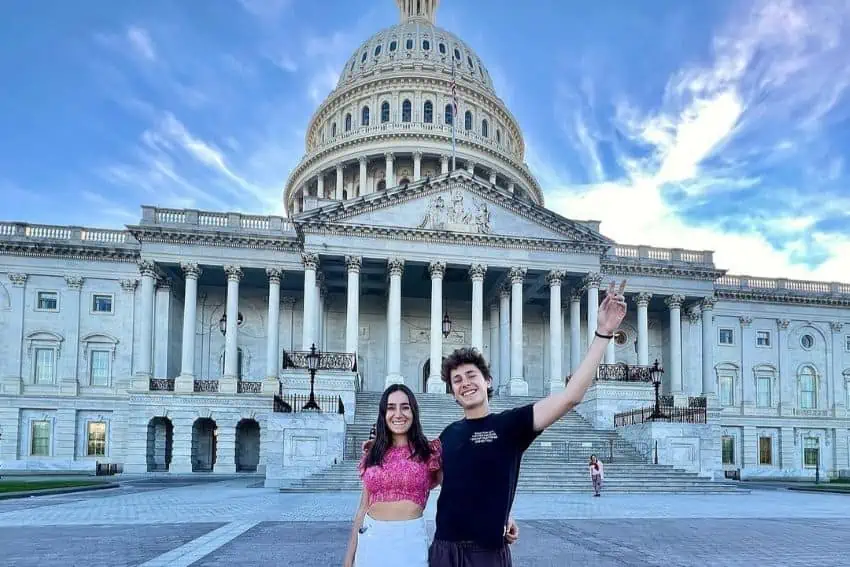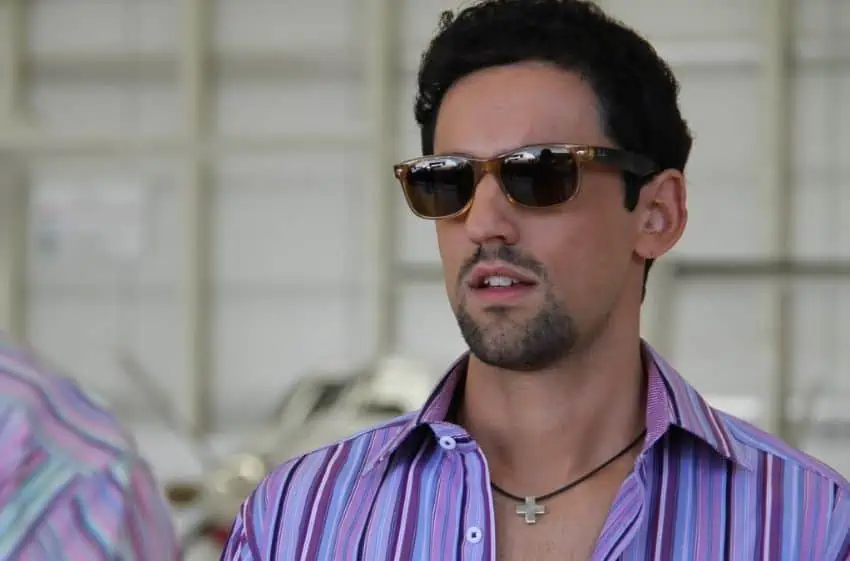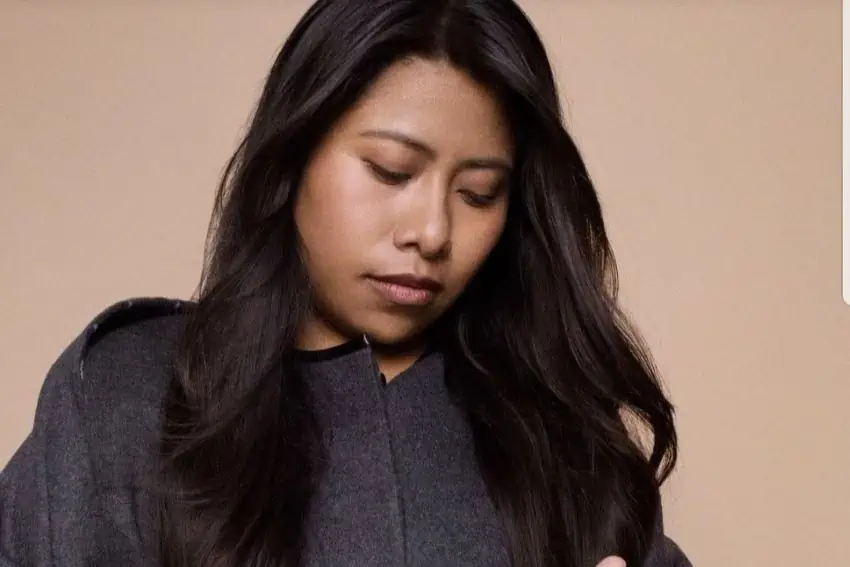In 2018, a new term began circulating on social media to refer to a particular demographic in Mexico: “whitexicans.” As one can infer from its name, it addresses Mexico’s white population.
The label is now the handle of an Instagram and X social media account sharing “dark humor” about the lifestyle and attitudes of the whitexicans.

But beyond the color of the skin, the whitexican tag implies something else that’s only apparent to those who pay close attention to Mexican society: social status.
While there’s no written definition (yet) of what a whitexican is, everyone who uses it knows exactly who the label refers to — and what it reveals about Mexico’s high society.
The privileged class
Whitexican is a combination of the words “white” and “Mexican” and specifically refers to upper-class Mexicans who lead a privileged lifestyle: They attend private schools, travel abroad, speak English and have access to opportunities many Mexicans only dream of.
The label reveals what has been apparent in Mexico since the Spanish colonization, but until a few years ago, it was very little acknowledged or part of the conversation: that most of Mexico’s high-class population is white.
The attitudes and lifestyle of this demographic are accurately portrayed on the @whitexican Instagram account. Through humorous posts, it showcases the privileged lives and unapologetic attitudes of White, upper-class Mexicans toward lower-class Mexicans.

I reached out to the administrators of the @whitexican account to ask for comment, but they weren’t immediately available, although they granted an interview to the BBC in 2019.
In that conversation, one of the account’s administrators, who preferred to remain anonymous, said that the label whitexican refers to “that privileged sector of society that is unaware of the reality of the country, lives in a bubble and believes that all Mexicans have the same opportunities.”
He includes himself in that category and assures that he has a good economic status, which is why he created the account, he said, to parody the manners of his own social circle “and to showcase the daily attitudes with which racism is normalized in Mexico.”
As someone who grew up in a similar background, I am well aware of those attitudes. But as with any stereotype, one must never generalize or assume that all upper-class Mexicans are arrogant or oblivious about their privilege. Using labels to generalize, experts say, can only contribute to more division.
Here is an example of a meme that the account @whitexican posts daily.
View this post on Instagram
“What’s up with the water in Mexico City? We will run out of it… honestly, people need to understand.”
“When will we run out of it?”
“They say June 23”
“Oh, don’t worry. We’ll be on our Eurotrip. We’ll undoubtedly have water when we come back.”
Each meme is accompanied by a caption mocking real-life conversations. If you swipe left, you will most likely find a WhatsApp conversation or a social media post on which the meme is based.
Whitexicans: White Mexicans or rich Mexicans?
Many of you might wonder if one should be white and rich to be a whitexican.
The answer is no.
In that same BBC interview, the @whitexican administrator said that to be a whitexican, “it is enough to adopt their attitudes, such as believing themselves superior to others, discriminating and showing off their lifestyle.”

This “whitexican attitude” is accurately depicted in the 2013 Mexican blockbuster comedy “Nosotros Los Nobles” (We Are The Nobles).
The hilarious film tells the story of a wealthy Mexican businessman, Germán Noble, and his three grown children. When Germán realizes how spoiled his kids have become, he cuts them off from their wealth and forces them to do unthinkable jobs “that don’t belong to their class.”
The film was a tremendous success because it accurately portrayed 1) the huge disparity between social classes in Mexico and 2) the racism underlying such class disparity.
Other Mexican films that have addressed class division in Mexico more dramatically are Amores Perros (2000) and Roma (2018).
Racism: The cause of division in Mexico
In 2017, Forbes México published an article based on a National Institute of Statistics and Geography (INEGI) discrimination survey titled “The data says it: In Mexico, you’ll do better if you’re white.”

In a new study, the INEGI found that 71.5% of the Indigenous population participating in the study agreed that Indigenous communities were undervalued in Mexico. In contrast, over 90% of the surveyed people said it was “wrong” to discriminate against someone based on the color of their skin.
“The magic of racism or classism in Mexico is that we don’t see it. We don’t even notice it. And when someone calls us out, we get offended that they are calling us racist or classist,” Black Panther actor Tenoch Huerta said in a documentary by El País.
Oscar-nominated actress Yalitza Aparicio (who is Indigenous) has also spoken about the racism she has faced since her role in Roma, in which she plays a housemaid in a middle-class White family in Mexico City. Historically in Mexico, the role of a housemaid has always been allocated to those of Indigenous descent.
Mejorando la raza: A product of the mestizaje
Mestizaje: the racial mixing process between the Spanish and Indigenous groups in Latin America.
In Mexico, it is common to hear the expression “mejorar la raza,” meaning that someone brown-skinned should marry someone with fairer skin to “improve the race.”
Mexican-British anthropologist Mónica Moreno Figueroa explains in her book “Negotiating Our Belonging: family and Mestizaje in Mexico,” what fuels many Mexicans’ desire to be separated from their Indigenous origins and be perceived as White.
“There is this idea that something ‘white’ is better, prettier,” she says, alluding to the Spanish caste system, which prioritized the criollos (people born in Mexico from Spanish parents) and the mestizos.
I grew up experiencing this firsthand. Growing up, my grandmother was always concerned that I, being brown-skinned in a family where most were white, would get “browner” if I didn’t protect myself from the sun.
It was also typical to hear expressions such as “He’s handsome even when he’s brown” or “Oh, let’s hope the baby inherited the blue eyes of her mother’s side!” from people of her generation.
Thankfully, it has been a long time since I heard something like that because racism is now, at least, part of the conversation. According to Moreno, “We [Mexicans] have already gone through the struggle to affirm that racism exists.”That’s the first step towards fighting discrimination. Now, we must find ways to fight it. And humor might be one of those ways.
Want to know more about Whitexicans? Check out the expat perspective by expat writer Bethany Platanella.
Gabriela Solis is a Mexican lawyer turned full-time writer. She was born and raised in Guadalajara and covers business, culture, lifestyle and travel for Mexico News Daily. You can follow her lifestyle blog Dunas y Palmeras.
